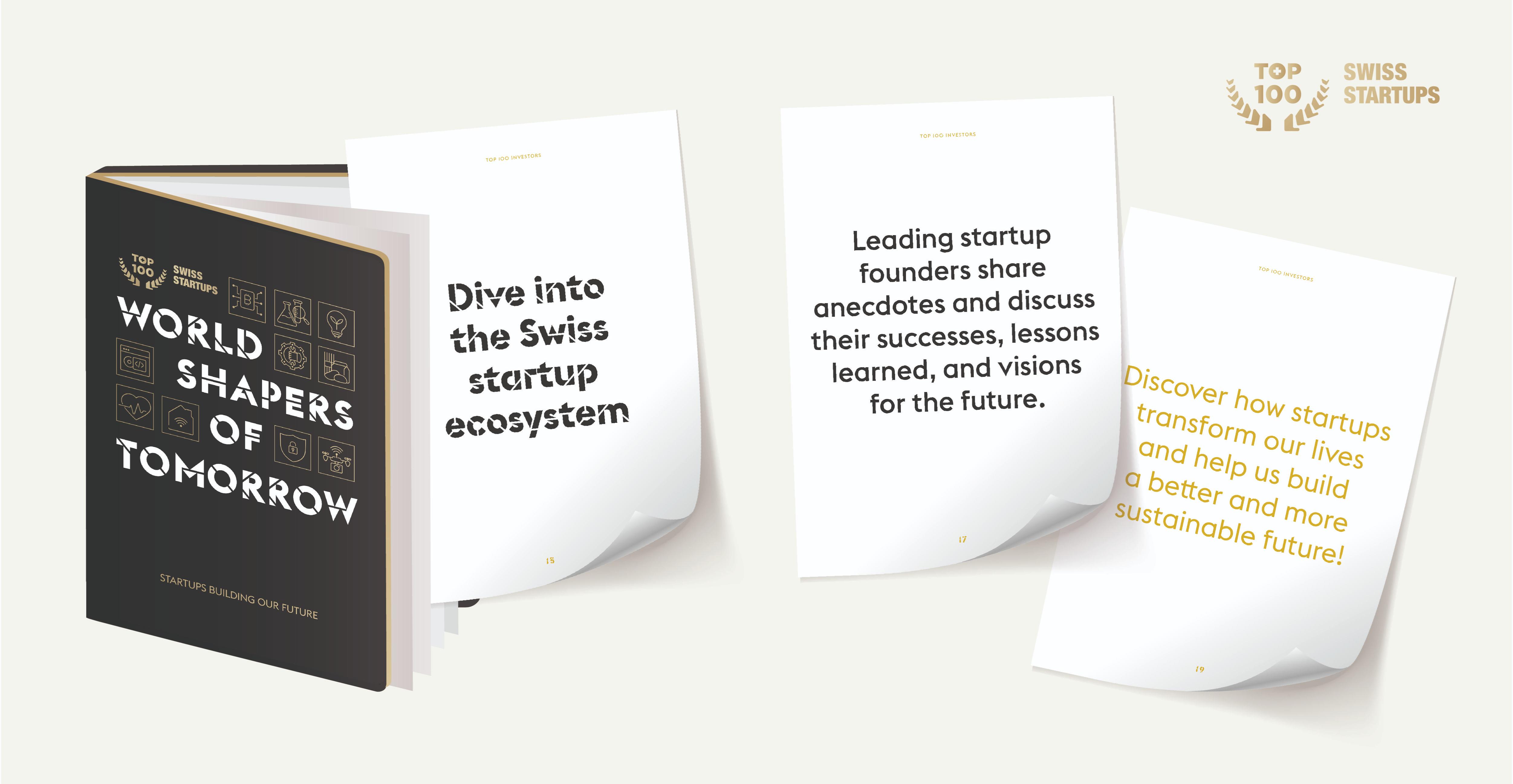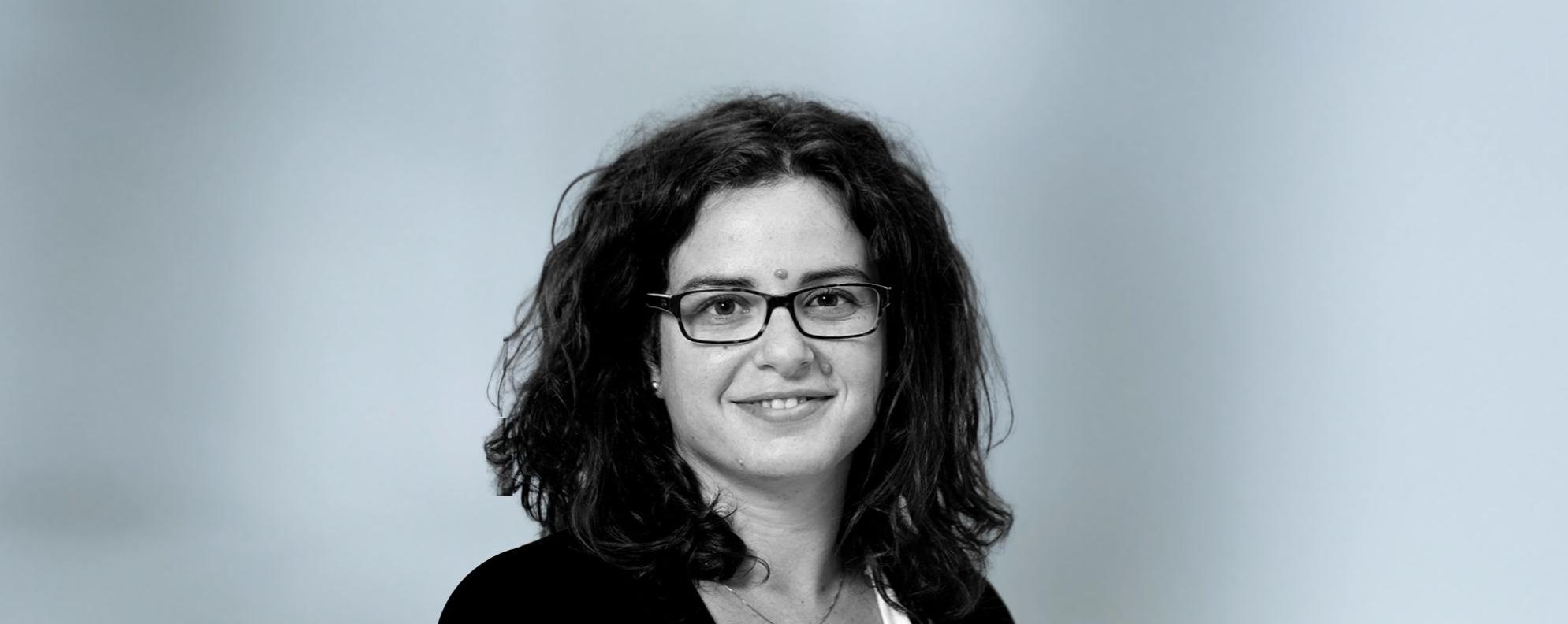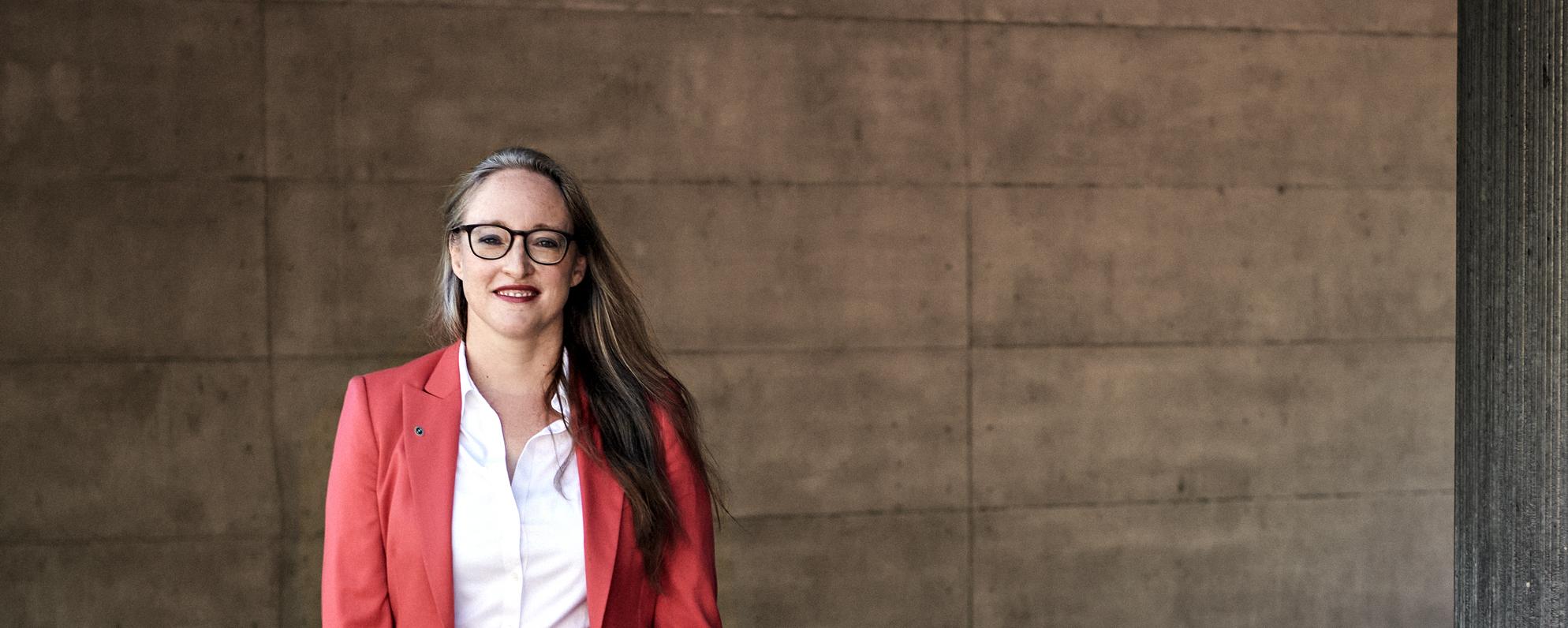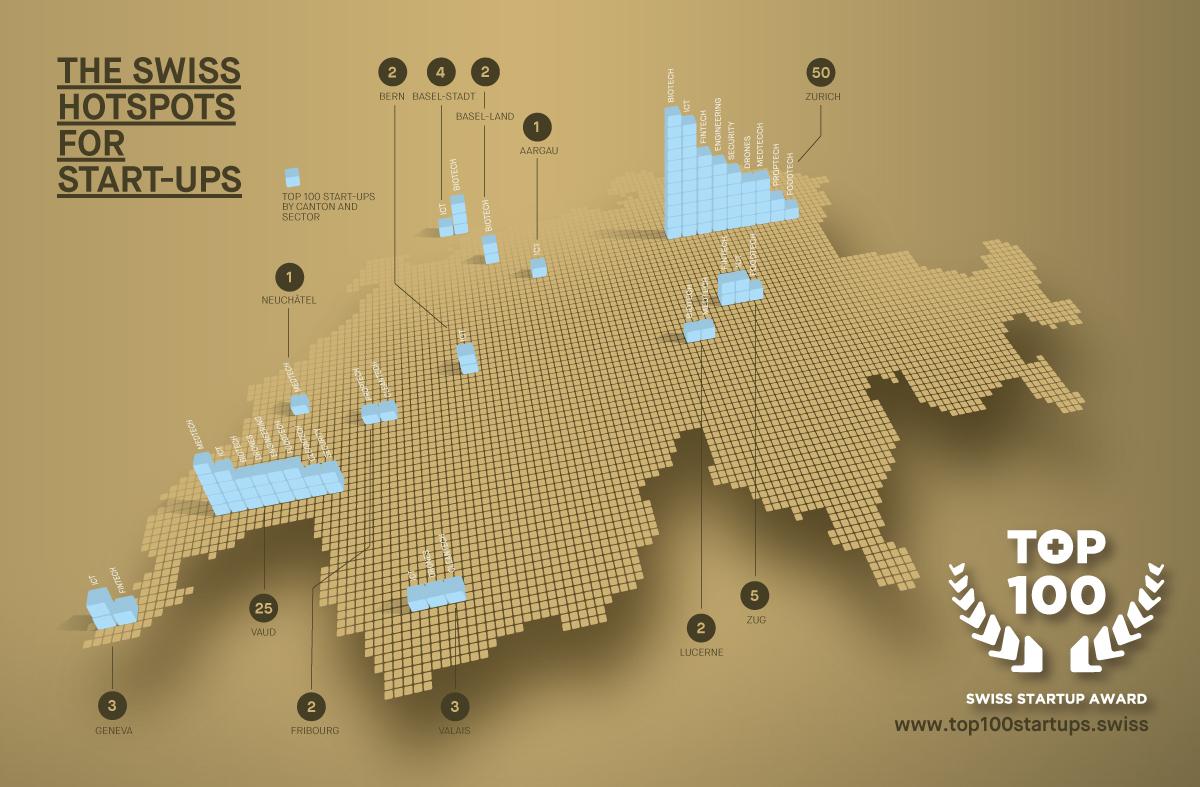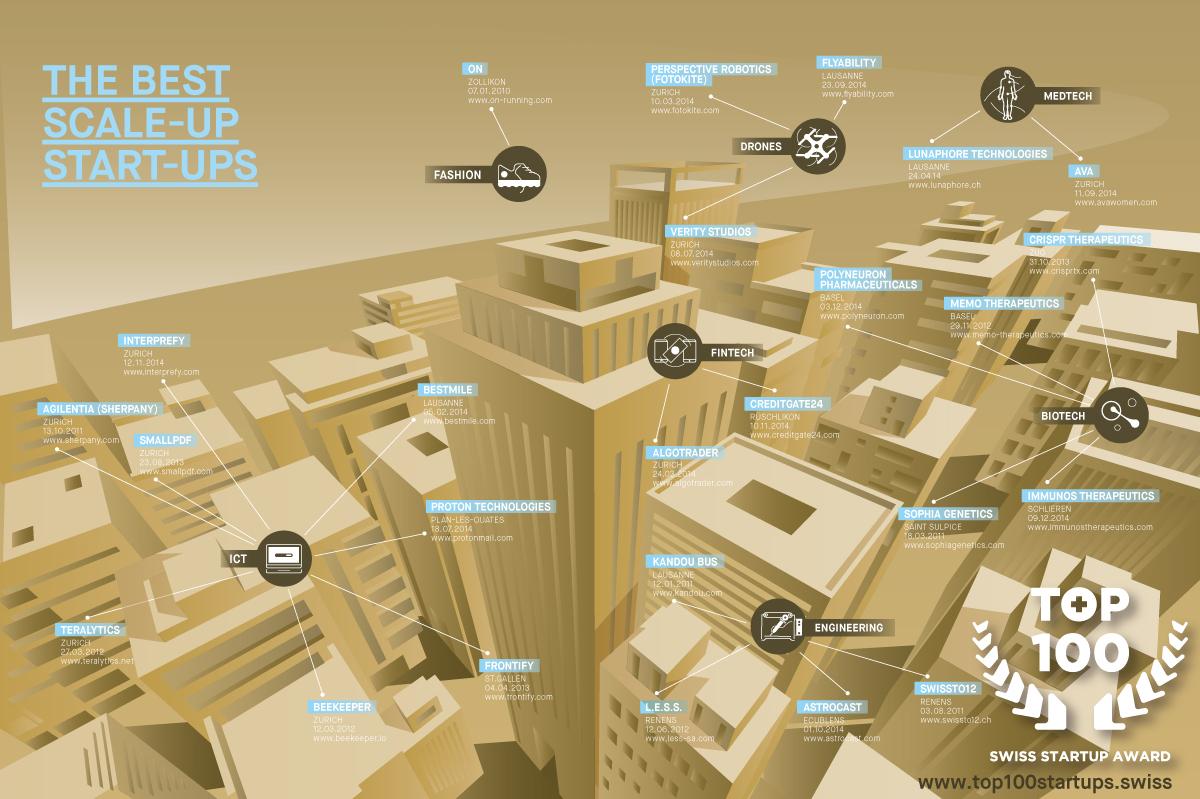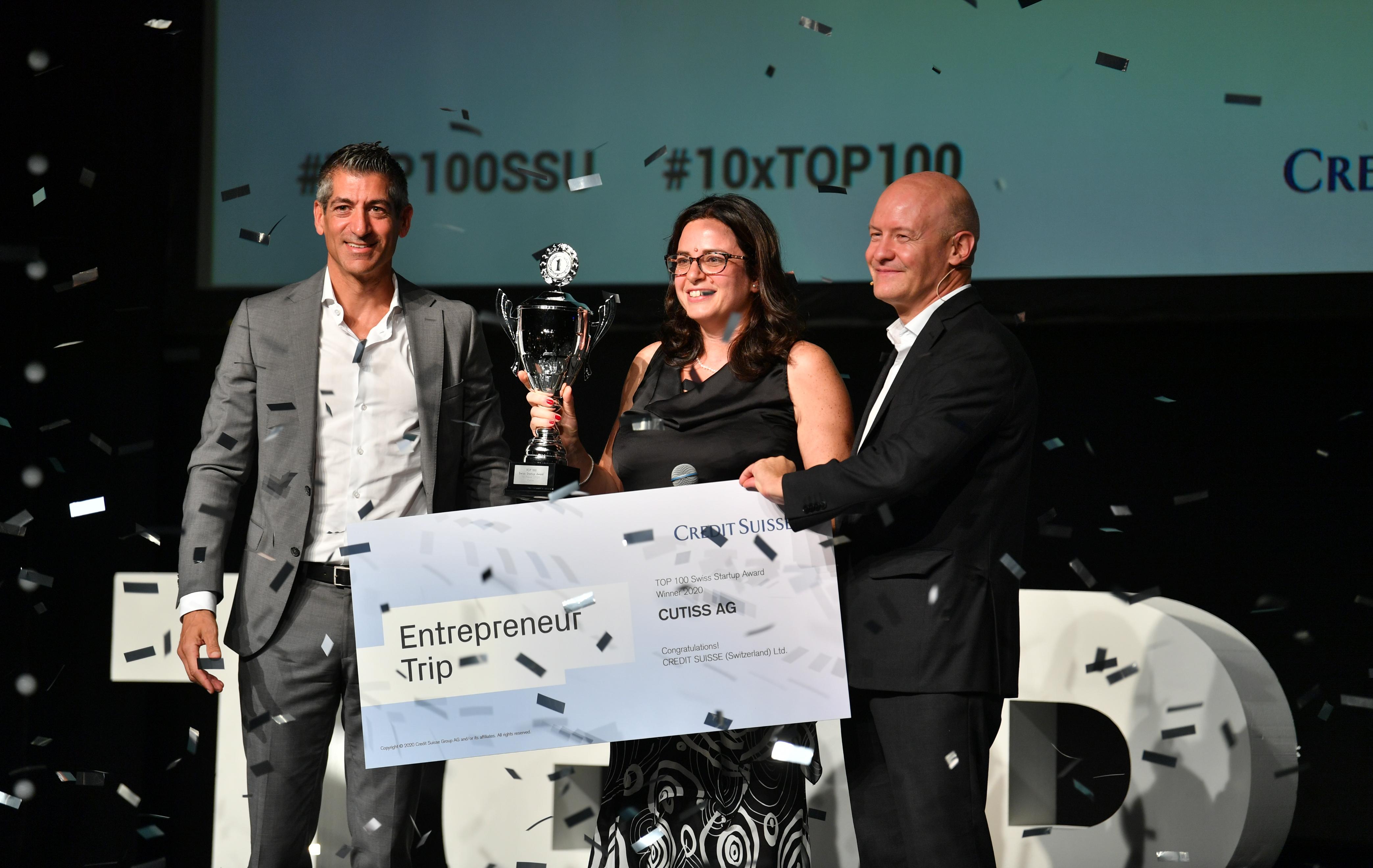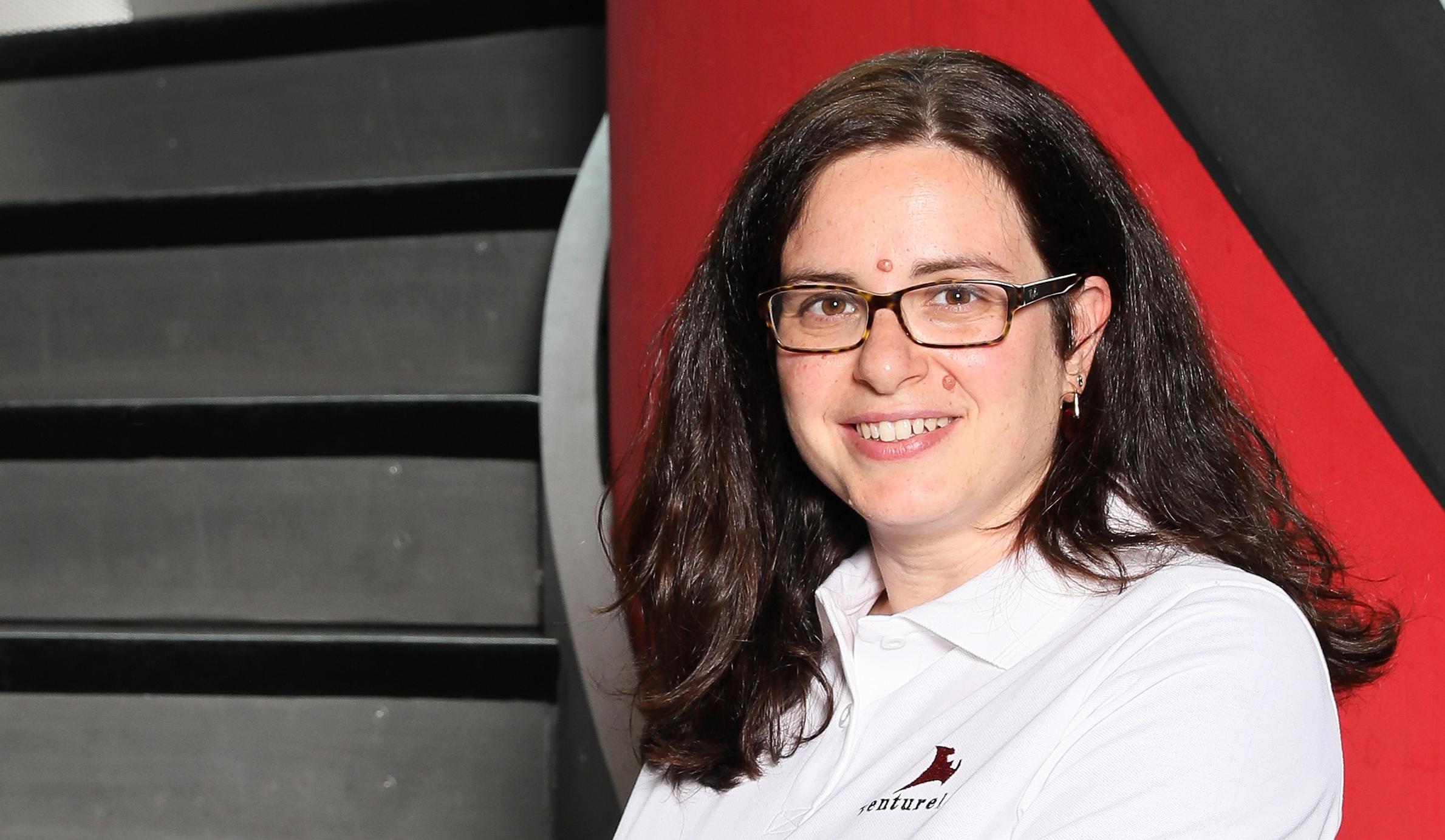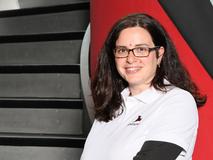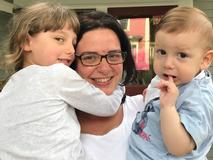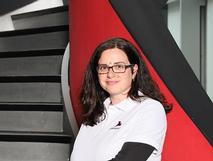Zurich-based Cutiss is the most promising Swiss startup 2020. The pioneering biotech company, founded by Daniela Marino and Fabienne Hartmann-Fritsch, bioengineers large quantities of individually customized human skin grafts to give burn victims new hope of a better quality of life. Cutiss was founded in 2016 and ranked 6th at the TOP 100 Swiss Startup Award 2019.

Traffic, work, and household accidents cause about 6,000 large-scale burns or scalds every year in Europe alone. For those affected – if they survive – life changes irrevocably: They usually suffer from chronic pain and have to undergo numerous operations. In addition to the physical damage, there is also the psychological and social damage: Studies show that people with visible scars are considered less intelligent and likable, which translates into difficulties in finding a job and subsequently lower wages. “The patient’s suffering is enormous,” says Daniela Marino, co-founder and CEO of Zurich-based startup Cutiss. What has been absent until today is the ability to grow skin surfaces from intact cells, with the skin graft able to regenerate on the wound, together with an affordable and large-scale process.
The woman who wants to change this comes from Agrigento in Sicily, from where she set off north almost 20 years ago. The dream of being a professor at the Massachusetts Institute of Technology (MIT) first led her to Milan, where she studied biotechnology. Later, she did her doctorate at ETH Zurich, from where she moved to University Children’s Hospital Zurich as a research assistant. “One day, my professor asked me if I wanted to help raise European funding for a skin project,” says Marino. Since her doctoral thesis had focused on the dermatological potential of stem cells, she agreed. The good news came from Brussels in 2011, when the team was awarded EUR 9 million. In 2016, it became clear that the dream of dermatologists and surgeons was achievable: The mechanical production of large-scale, one millimeter-thick graft from the epidermis and subcutis.
Ambitious goals
“We were breaking new ground,” recalls Marino. The challenge was to bring together fundamental medical-biological research and engineering. Marino, who had led the EU project, was looking for specialists and came across an international bioengineering expert in Singapore. Vincent Ronfard, who worked in life sciences research, was inspired by Marino’s enthusiasm, quit his corporate job, and moved to Switzerland. The 60-year-old Franco-American is developing the skin reactor together with two external partners – Neuchâtel-based CSEM and Zühlke. The ambitious goal is the production of a square meter of skin in just 20 days. The prototype is ready, and the project’s flowchart is hanging on the wall in the laboratory.
Marino shakes her head: “It’s incredible what has happened over the past two or three years.” The key moment was the inclusion in Wyss Zurich’s support program, a joint accelerator from the University of Zurich and ETH Zurich; Wyss Zurich’s financial support allowed the foundation of the company in March 2017. Cutiss’ co-founder and Chief Clinical Officer microbiologist Fabienne Hartmann-Fritsch co-leads a project – denovoSkin™ – that grows skin in a cleanroom at Wyss Zurich. The cells come from seriously injured children and adolescents who can no longer be helped by conventional therapies. “That’s why parents allow us to use a method that is still in the trial phase,” explains Marino.
Across Switzerland, headlines were made this year of the case of a youngster who, according to media reports, had inflicted severe burns on himself, with 97% of his skin destroyed. Today, he has had several Cutiss autologous skin grafts and is doing well under the circumstances. However, market approval requires more than individual favorable healing processes. Thus, phase II clinical trials are ongoing at several hospitals in Switzerland, the Netherlands, and Italy. The tests should be completed by the end of 2022, and then the regulatory authorities in the target markets – the FDA in the US, Swissmedic in Switzerland, and the European Medicines Agency (EMA) – will decide whether a clinical phase III is required.
 In the spotlight
In the spotlight Mechanical engineering with external partners, cleanroom production, and clinical tests at hospitals across Europe – Marino’s days need more than 24 hours. She laughs: “It’s not a problem. The real work is done by my team.” The mother of two says that she loves to be in the spotlight and on stage; for example, at the Swiss Innovation Forum, where Cutiss received the Swiss Technology Award in the category “Start-ups/Rising Stars” in November 2019. In June this year, two years after the last financing round and the Venture Leaders Life Sciences investor roadshow to Boston, Cutiss raised another CHF 20 million, with existing and new investors involved. “It shows me that we are on the right track,” comments Marino.
Cutiss’ business model is based on two pillars. First, as a service provider, it wants to manufacture skin for severely injured victims of fire or scald accidents in its own cleanrooms and deliver it to large facilities that specialize in burn injuries, such as University Hospital Zurich. “If large areas of skin have to be produced in an emergency, expertise is required to operate the machines,” explains Marino. Cosmetic surgeons, on the other hand, rarely have to act under time pressure and need only small pieces of skin to correct scars and birthmarks. “That is why,” says Marino, “we are also developing compact models for outpatient use.”
Marino put her dream of a professorship at MIT on hold, but she now runs a pioneering global company at the interface of biology, medicine, and mechanical engineering: “I actually have no idea how to do something like this,” she says with a laugh, “but I’m extremely happy with it.” Sometimes the company receives calls from anguished burns victims or desperate relatives who have come across Cutiss on the internet. At the moment, Marino does not have an answer, but she is certain of one thing: “The day is coming when we will be able to help these people.”
This article by Jost Dubacher was first published in the TOP 100 Swiss Startup Magazine 2020.
CUTISS AG: Personalized skin
CUTISS grows human skin in the lab for patients that suffer from skin defects (e.g. burns). CUTISS bio-engineers individually customized human skin starting off from a very small piece of patient’s ... Read more



